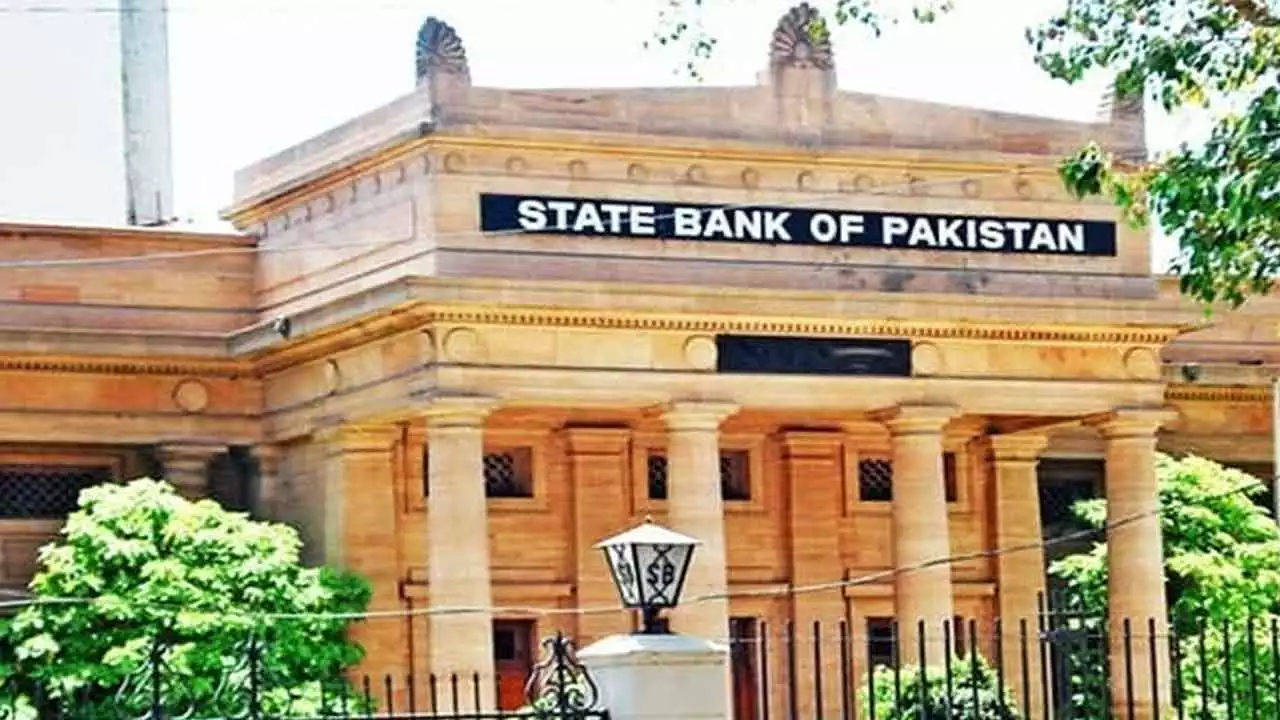Ministry of Finance Proposes Key Amendments to State Bank Act, Introducing Dual Citizenship Eligibility and Digital Currency
In a significant development, the Ministry of Finance has put forward nearly a dozen amendments to the State Bank of Pakistan (SBP) Act, aiming to bring major changes to Pakistan’s financial regulatory landscape. These proposed amendments, now reviewed by the Ministry of Law, have been forwarded to the Federal Cabinet for approval, signaling a potential transformation in SBP’s operational and regulatory framework.
Dual Citizenship Appointments for Key SBP Roles
One of the most noteworthy proposals involves eligibility criteria for high-ranking positions within the SBP, including governors, deputy governors, and non-executive board directors. Currently, Pakistani citizens with dual citizenship are barred from holding these positions. However, the proposed amendments suggest removing the disqualification based on dual citizenship by amending Section 13 of the SBP Act. This move would allow individuals holding dual nationality to be appointed to key roles within the central bank.
The timing of this amendment is particularly relevant as the tenure of SBP Deputy Governor Dr. Inayat Hussain, who holds dual citizenship, is set to end on November 8. Sources indicate that when Dr. Hussain was initially appointed, no restrictions on dual citizenship existed. Additionally, another Deputy Governor, Dr. Saeed Ahmed, who has served as an advisor to the International Monetary Fund (IMF) and holds dual citizenship, would also be eligible for future appointments under this proposed amendment.
Introducing Digital Currency in Pakistan’s Financial System
Another groundbreaking proposal in the amendment bill is the introduction of digital currency—a concept the SBP has previously resisted. For years, the SBP issued warnings against the use of digital currencies, citing concerns over financial stability and security. However, this amendment aims to incorporate digital currency into Pakistan’s legal framework for the first time, laying the groundwork for regulated digital money issued directly by the SBP.
The proposed amendments define digital currency as currency issued by the SBP in digital form, which would carry the status of legal tender under Section 24 of the SBP Act. This means that digital currency, like physical currency notes issued by the SBP, would be officially recognized as legal tender within Pakistan. The introduction of digital currency is expected to modernize the payment systems in Pakistan, aligning the country with global trends where central banks are exploring digital currency options.
Establishing a New Subsidiary for Digital Payments
To support the integration of digital currency, the proposed amendments suggest the creation of a new SBP subsidiary focused on operating and regulating the digital payments system. This subsidiary would play a central role in overseeing digital transactions, enhancing financial inclusion, and supporting the transition to a digital economy.
The establishment of a dedicated subsidiary for digital payments reflects the government’s vision to provide a secure, efficient, and regulated platform for digital transactions. This would not only boost digital financial services but also strengthen Pakistan’s financial infrastructure, encouraging citizens to adopt secure and transparent digital payment methods.
Potential Implications of the Amendments
These proposed changes could have far-reaching implications for Pakistan’s economy. Enabling dual citizenship holders to serve in high-ranking roles within the SBP could broaden the talent pool, bringing in experts with international experience to shape the nation’s monetary policies. However, it may also lead to concerns over potential conflicts of interest, particularly given the sensitive nature of monetary policy and financial stability.
The introduction of digital currency presents both opportunities and challenges. On one hand, a central bank digital currency (CBDC) could foster greater financial inclusion by providing access to digital financial services in remote areas. On the other hand, it raises concerns regarding cybersecurity, privacy, and the readiness of Pakistan’s digital infrastructure to handle a central bank-issued digital currency.
The proposed subsidiary dedicated to digital payments could enhance the efficiency of digital transactions, contributing to Pakistan’s digital economy growth. This step aligns with global trends where many central banks are embracing digital transformation to meet the evolving needs of the modern financial landscape.
Moving Towards a Digital Economy
The Ministry of Finance’s proposed amendments to the SBP Act signal Pakistan’s commitment to digital transformation and financial modernization. As global economies increasingly shift toward digital transactions, Pakistan’s introduction of digital currency could set the stage for a more integrated digital economy. Digital currencies offer the potential for faster, more secure transactions and could facilitate cross-border payments, benefiting businesses and consumers alike.
By establishing a subsidiary for digital payments, Pakistan could also strengthen its regulatory capabilities in the digital space, ensuring that financial transactions are secure, efficient, and transparent. This shift is expected to increase public trust in digital financial services and encourage broader adoption of digital transactions, ultimately boosting the digital economy.
Looking Ahead: Approval and Implementation
The proposed amendments now await approval from the Federal Cabinet, and if passed, these changes could be implemented soon, marking a significant shift in Pakistan’s financial regulatory landscape. With the amendment bill addressing both human resource flexibility and digital innovation, the government appears to be paving the way for a more resilient, inclusive, and modernized financial system.
The proposed amendments to the SBP Act reflect a progressive approach by the Ministry of Finance. By allowing dual citizenship holders to serve in the central bank and introducing digital currency, the government is aiming to create a forward-looking framework that aligns with global financial trends. This move towards digital currency and strengthened digital payments infrastructure positions Pakistan as a competitive player in the global financial system, fostering an economy that can adapt to the challenges and opportunities of the digital age.


